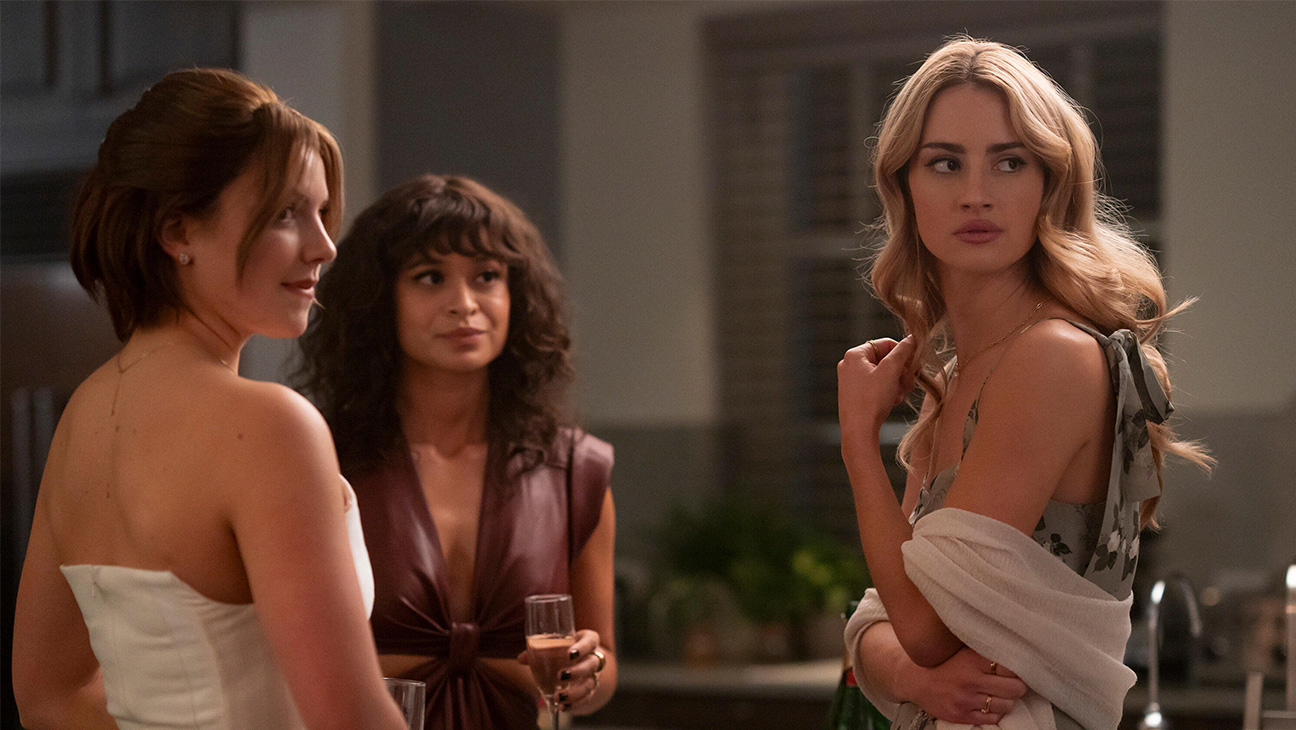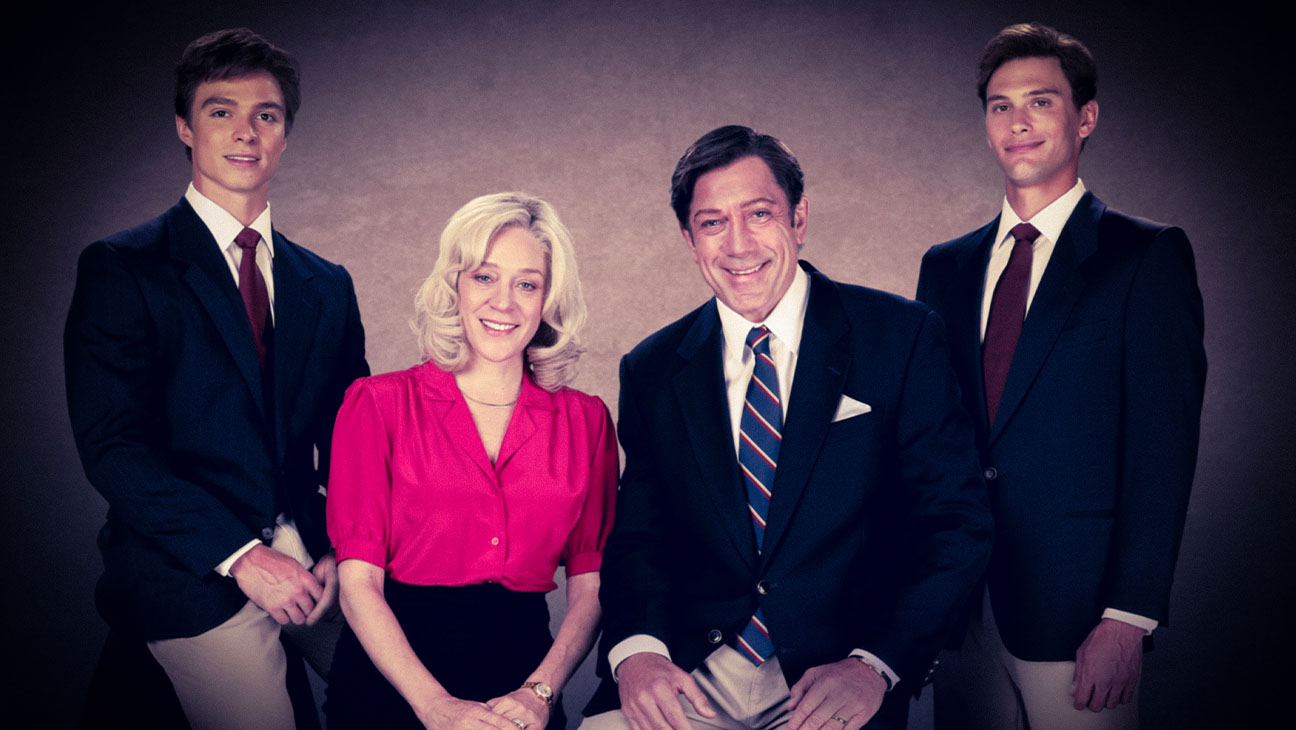You might be familiar with hit reality shows Big Brother, The Voice, and more recently the sensation that is The Traitors. But did you know all of these programs originated in the Netherlands?
The U.S. version of The Traitors is now the most-watched reality show in the States across all streaming platforms, with figures up 75 percent on the first season. It started with De Verraders, a Dutch television show first broadcast by RTL4 in 2021.
Maarten Meijs is CEO of Talpa Studios, part of Talpa Network, a Dutch media conglomerate founded by TV mogul John de Mol. The production company is solidifying itself as the TV tester of the world after making unscripted shows that top bosses in the U.S. and U.K. just cannot resist adapting.
The Floor, The Jump, and Million Dollar Island are some of the more recognizable shows on the company’s slate. So what’s the key to becoming famous for its format exports? Meijs revealed all in Toledo, Spain, on Thursday at Conecta Fiction & Entertainment’s international networking event.
“In the Netherlands, we don’t have many productions due to the language – not many speak Dutch, unfortunately. That’s the reason why we need to focus on the creation of TV formats. That market has an international spirit,” Meijs said. So, this is where money is being spent and time is being invested: those golden formats that will resonate globally.
Meijs uses the example of the recent hit The Quiz with Balls. The game show is relatively simple: teams of five are lined up in front of a pool of water and asked questions. Five are correct answers, but one is incorrect. But it isn’t the host that’s confirming the right answer: it’s a giant yellow ball that rolls down from behind the contestant and rather rudely pushes them into the water if they are wrong. The balls are bright yellow as the program’s main sponsor is the canary-colored Dutch lottery.
International execs loved it. The U.S. picked it up on Fox and changed the format slightly – two teams would instead be competing with each other in The Quiz with Balls: Battle Version. Then, Spain’s Atresmedia adapted it too. Carmen Ferreiro, the company’s entertainment program director, said they were struck by Juego de Pelotas‘ success.
“Each market has its own specificity,” Ferreiro says. “The American version was adapted and we then took their idea. For us, it was important to have two teams competing against each other to be in the final. The duration was important to us and the lighting was important to us, too.”
Both Meijs and Ferreiro highlight the best formula when finding inspiration in Talpa Studios shows. First, identify a similar slot to the territories where the format has already aired, and adjust the duration respectively (Juego de Pelotas increased the duration to 70 minutes). Producers should then consider building up the format contents and adapting it to the taste of their specific audience, bearing in mind the kind of audience watching the show in that slot.
They can also broaden the cast. Ferreiro said their version of the show does not just have families competing but other kinds of players – workmates, friends, neighbors. The company even did two teams of celebrities in a comedians vs singers special. A detail like different lighting can transform an adaptation, she explains.
And Talpa Studios then looks at how other countries adapted their content to influence the decisions they make next. “It gives you so many options and directions to take,” Meijs finishes the session in Toledo. “There are changes in the different countries that we can showcase and adapt.”



